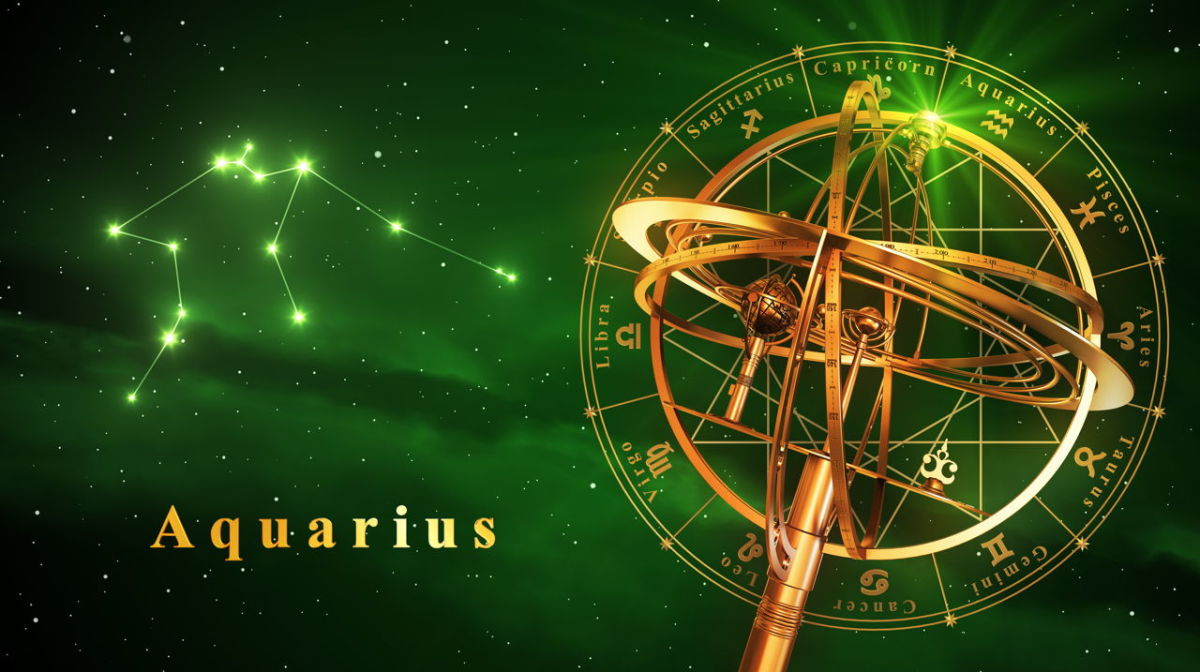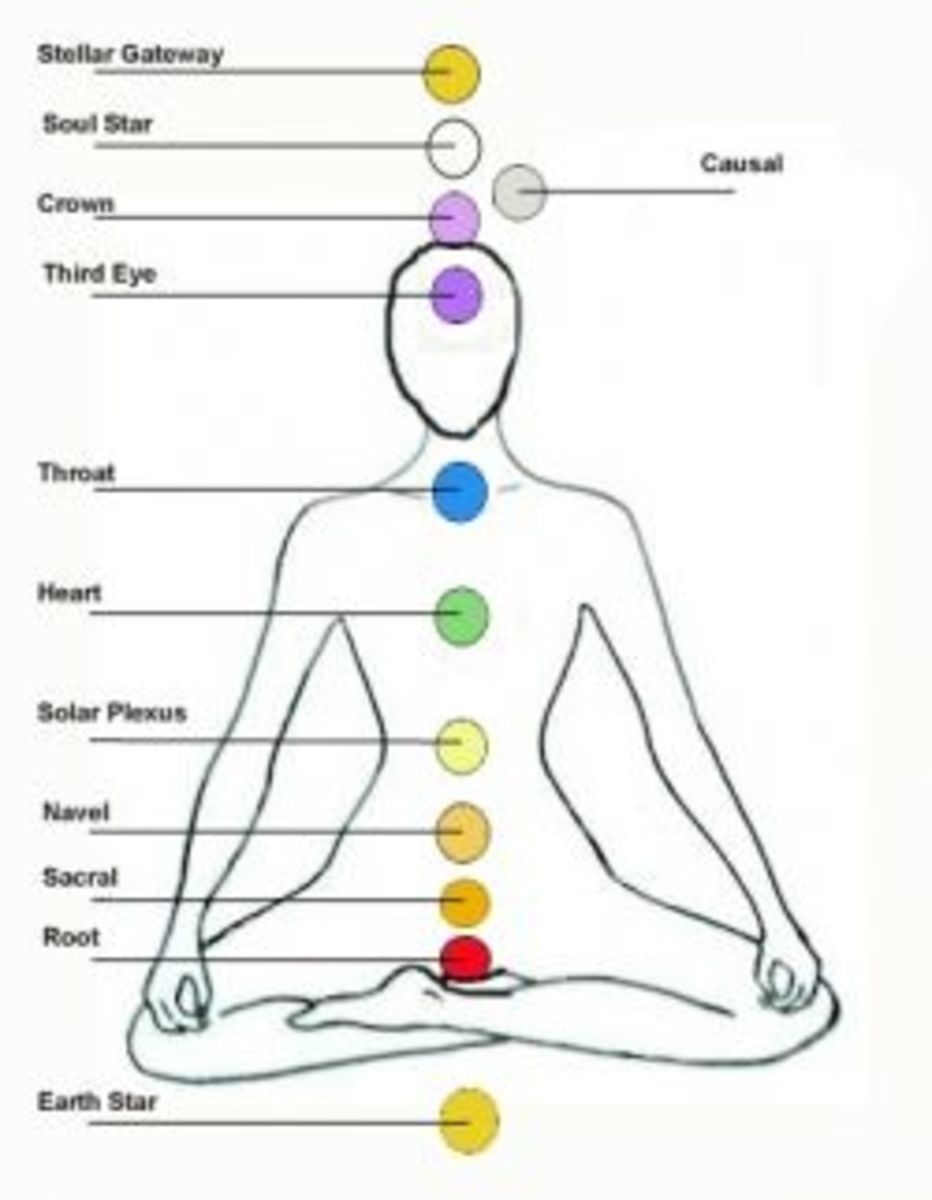Alchemy, what is it
What is Alchemy?
The definition of alchemy is a form of chemistry and speculative philosophy practiced in the middle ages and the renaissance. The developing of methods for changing metals into gold, finding a universal solvent, elixir of life. (Dictionary.com)
The science of alchemy centers on the powers of the elements of earth, air, fire and water. Combinations of these makes any of the elements on the periodic table. (The table we had to memorize for chemistry class.)
Common Belief and Goals
Their belief was that one can turn lead or other metal into gold or produce the Philosopher's Stone. The goals were to turn metal into gold, create an elixir of life, discover an universal solvent.
Interesting History
Alchemy was a more spiritual search than a chemical search. Alchemy reached its peak in Europe when everyone had to follow the established religion. It made a significant contribution to chemistry.
In 1403 Henry IV banned alchemy. Later on in the 14th century alchemists were painted as thieves and liars.
In the 16th century Elizabeth I used the alchemist, John Dee, as her advisor and astrologer. Rudolf II sponsored alchemists in their work.
Rudolf II gave alchemists everything they needed to work on turning metal into gold. He was in need of money and thought they could get him all the money he needed. One alchemist was Edward Kelly. He was an assistant to John Dee.
Edward Kelly claimed to have the Philosopher's Stone. He said he had found two powders in a bishop's tomb in Whales that when put together correctly would turn heated mercury to gold. Said he found a cryptic manuscript with the powders that told how to use the powders.
Kelly is said to have performed this feat several times. The gopld was tested and found to be real. When the powders ran out Rudolph had him jailed in the tower. He died trying to escape. People believed he was a fraud.
Alchemists contributed to:
- Distillation
- Liquors
- extracts
- manufacturing glass
- ceramics
- leather tanning
- cosmetics
- paints
- dyes
- ink
- gun powder
- metal working
- ore testing and refining
There is a double approach to alchemy. Extravert which is the technical end and introvert which is mystic and psychological. Early alchemists viewed alchemy as spiritual discipline. Hermetic practitioners viewed the changing metal to gold as an analogy for personal perfection and purification.
Alchemy made contributions to medicine, physical science and the chemical industry.
Alchemy saw a decline in the 17th century due to advances in chemistry. It continued to decline in the 18th century when modern chemistry came to be. It as more precise and reliable.
Famous Alchemists
250 AD Zosimus
Zosimus was an Egyptian born Greek. He believed all substances are composed of earth, water, fire and air. He collected all knowledge on alchemy, which was called khemia in his time. He made a twenty eight volume encyclopedia.
721-815 AD Abu Musa Jabir Ibn Hayyan
He was known as Gerber. He was an Arabian alchemist that lived in Iraq. He distilled acid from vinegar and determined that metals are made up of sulfur and mercury in different proportions. He believed in the idea of the Philosopher's Stone.
1200-1280 AD Albertus Magnus (Albert von Bollstach)
His name means Albert the Great. Alberftus was a German monk and alchemist. He followed Aristotle's works. He is the first to describe arsenic in its pure form. His student, Thomas Aquinas, became a famous alchemist.
1493-1541 AD Phillipus Aureolus Theophrastus Bombastus von Hohenheim, Known as Paracelsus.
Paracelsus was a Swiss Alchemist. He invented the word alcohol and spagyric. Spagyric was his form of alchemy. Spagyric means to separate and to join together. He believed in spiritual alchemy. He said the purpose of alchemy was to cure disease.
1642-1727 AD Isaac Newton.
Isaac Newton was an English scientist and alchemist. He is one of the last of the famous alchemists. He spent much of his time on alchemy. His work on light and gravity came from alchemy. It is suggested that he could turn lead into gold.
The Philosopher's Stone
The Philosopher's Stone is a legendary substance capable of turning lead into gold. It is believed to be an elixir of life. Rejuvenation and achieving immortality was sought after by Western Alchemists. They believed that making the stone would bring enlightenment and an end to the great work.
The stone originated from Gerber's theories. To turn one metal into another you would rearrange its elements. The substance would be the elixir. It would be made from the Philosopher's Stone.
Spiritual side of the Philosopher's Stone: Need spirit and reason to change from state of imperfection to a higher state of perfection. A lot of new age movements use the spiritual nature of the Philosopher's Stone.
The Philosopher's Stone is in many novels, movies, art and video games. An example would be Harry Potter.
Azoth, Panacea and The Net
Azoth is the universal medicine. It is the word for mercury. It represents unity between the beginning and end. It is sought in alchemy.
Azoth is in the video game Hunting Ground. The game has a lot to do with Alchemy.
Panacea is named after the goddess of health. It is to cure all diseases and prolong life.
The Net is a term in alchemy for a copper alloy. It is one step in the creating of the Philosopher's Stone. It was discovered by Eirenaeus Philalethes, aka George Starkey, an American alchemist. He believed ancient Roman and Greek myths were recipes for items needed in making of the Philosopher's Stone. It was in code.
Myth:
Vulcan found his wife, Venus, in bed with Mars. Vulcan hung Venus and Mars from a high ceiling with a metal net. Vulcan-fire; Venus-copper; Mars-iron. This led to his discovery of the net.
Isaac Newton took the steps to create the net and said Starkey's theory was true. Classic mythology was thought to be a collection of secret formulas.
Conclusion
Alchemy has been around, it seems, since the beginning of time. There have been a lot of famous people who were alchemists. An example would be Isaac Newton. Everyone knows of his accomplishments, but in his day no one knew he was an alchemist. It was against the norm.
Without alchemy and the alchemists we would not have chemistry or most of the things we have made from chemistry. What would this world have been like without these people seeking for their desire?








